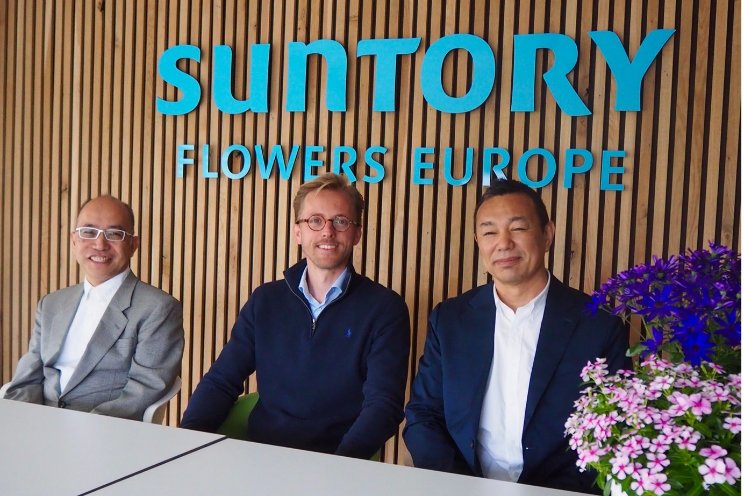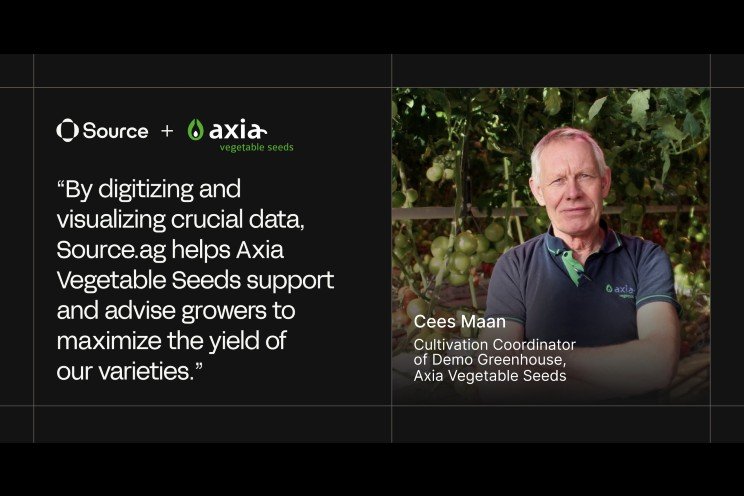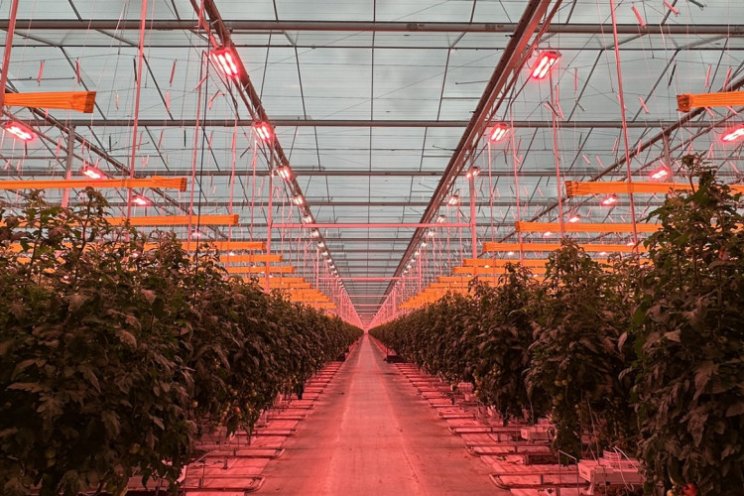HPNow team wins Horizon Prize
Added on 09 June 2021


Led by scientists at Imperial College London, Chalmers University, University of Copenhagen, Technical Universitys of Denmark, University of Calgary and BASE Life Science, the 'HPNow' team receives the prize for scientific and engineering breakthroughs that have enabled hydrogen peroxide synthesis to become a commercial and industrial reality. This new method allows hydrogen peroxide, an environmentally friendly chemical for treating water, to be made on-site and on-demand.
They become one of the first winners of the Royal Society of Chemistry's new Horizon Prizes, introduced after the organisation carried out a wholesale review of its recognition portfolio to better reflect modern science and its impacts in making the world a better place.
The Horizon Prizes celebrate the most exciting, contemporary chemical science at the cutting edge of research and innovation. These prizes are for teams or collaborations who are opening up new directions and possibilities in their field, through ground-breaking scientific developments.
The team receive a trophy and a professionally produced multimedia pack showcasing the prize-winning work and its importance.
After receiving the prize, Ifan E.L. Stephens, Reader in Electrochemistry at Imperial College London, said:"We feel incredibly honoured to be amongst the first recipients of the Royal Society of Chemistry's Horizon Prize. Since our work was such a collaborative effort, we feel the format of the prize - where it is awarded to the entire team - was particularly appropriate."
The team made the scientific and technical breakthroughs that enable hydrogen peroxide to be produced on-site and on-demand using solely water, electricity and air as inputs in a device known as an electrolyser. The project resulted in the establishment of the company HPNow, which sells commercial electrolysers for water treatment.
This new method allows hydrogen peroxide, an environmentally friendly chemical for treating water, to be made on-site and on-demand. The device sits in water, can pump in oxygen, catalyse hydrogen peroxide generation and pump out the product diluted in water. The reaction happens under constant flow - removing the products and adding new reagents - allowing the reaction to continue at maximum turnover.
Before now, most hydrogen peroxide had been produced at high concentrations, with transportation proving to be a hazard risk. However, this new electrolyser is able to be inserted into the water at treatment plants, delivering hydrogen peroxide on-site in an energy saving manner.
HPNow has installations in over 15 countries around the world, treating water at both hospitals and agricultural sites. The company has also opened an emission-free hydrogen peroxide production plant in Spain which uses solar power. Through this, the team are hoping that this technology will inspire more decarbonisation in industry.
Dr Helen Pain, Chief Executive of the Royal Society of Chemistry, said:
"Scientific discovery opens fascinating new frontiers, and we are proud to recognise those whose discoveries push the boundaries of knowledge and its application, and motivate others to follow in their footsteps.
"The astonishing achievements of the HPNow team are simply inspirational, and it is our pleasure and honour to recognise this by presenting this much deserved prize.
"In an era defined by the pandemic, where the contribution of chemical scientists has never been more clear, this achievement is truly a cause for celebration."
The Royal Society of Chemistry's prizes have recognised excellence in the chemical sciences for more than 150 years. In 2019, the organisation announced the biggest overhaul of this portfolio in its history, designed to better reflect modern science.
Of those to have won a Royal Society of Chemistry Prize, over 50 have gone on to win Nobel Prizes for their pioneering work, including 2019 Nobel laureate John B. Goodenough.
For more information about the RSC's modern Prizes portfolio, visit rsc.li/prizes.
Source: Goedemorgen
More news















